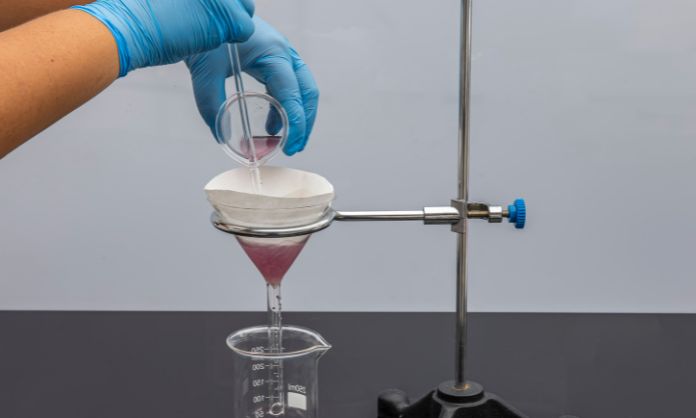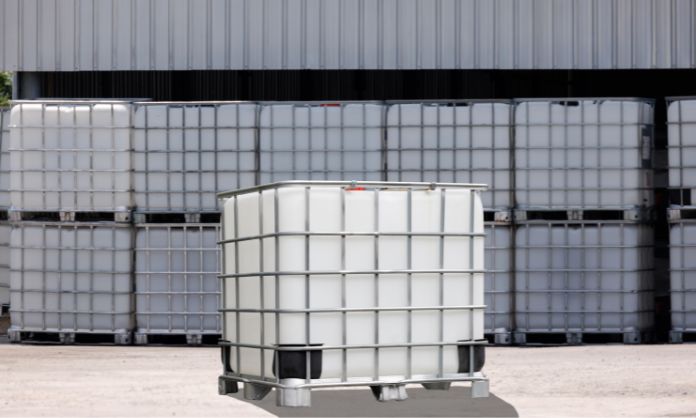
In the biopharmaceutical industry, the purity of the final product is non-negotiable. To achieve this high level of quality, various filtration methods are employed at different stages of production. Have you ever wondered what types of filters are used and how they contribute to the process? Read on to learn more about the filter types used in biopharmaceutical filtration.
Depth Filters
Depth filters are like the unsung heroes of biopharmaceutical filtration. These filters function by capturing and retaining particles within a matrix of material. Typically made from materials like cellulose or diatomaceous earth, they serve as the first line of defense in many filtration setups. They’re excellent for removing large volumes of contaminants but aren’t ideal for catching submicron particles.
Membrane Filters
Membrane filters are fascinating because they operate on a precise, micron-level scale. These filters contain pores of a defined size and are mainly used for sterile filtration processes. They’re made from materials like polyethersulfone or polyvinylidene fluoride. What makes membrane filters particularly intriguing is their ability to trap extremely small particles, thus making them essential for ensuring the purity of sensitive biopharmaceutical products.
Charged Filters
These filters use a mechanism that involves electrostatic forces to trap contaminants. They’re often used as a follow-up to depth filters to catch what the first filters might have missed. Charged filters are particularly effective in attracting and holding onto oppositely charged particles, a property that proves useful in applications requiring high filtration efficiency. These filters come in handy when you need that extra layer of security in your filtration process.
Pleated Filters
There are many benefits of using pleated filters in biopharmaceutical applications. Known for their increased surface area due to the pleated design, they can handle larger flow rates and higher contaminant capacities. This makes them incredibly versatile and efficient. Pleated filters are often used in the final stages of filtration to ensure the utmost purity before a product goes to market. They’re the last checkpoint, ensuring nothing unwanted makes it through.
Now that you know the different filter types used in biopharmaceutical filtration, you should have a clearer understanding of the vital roles they play in ensuring product purity. Depth filters act as the preliminary barrier, membrane filters provide precision, charged filters offer an extra layer of filtration, and pleated filters handle higher flow rates while ensuring ultimate purity.







